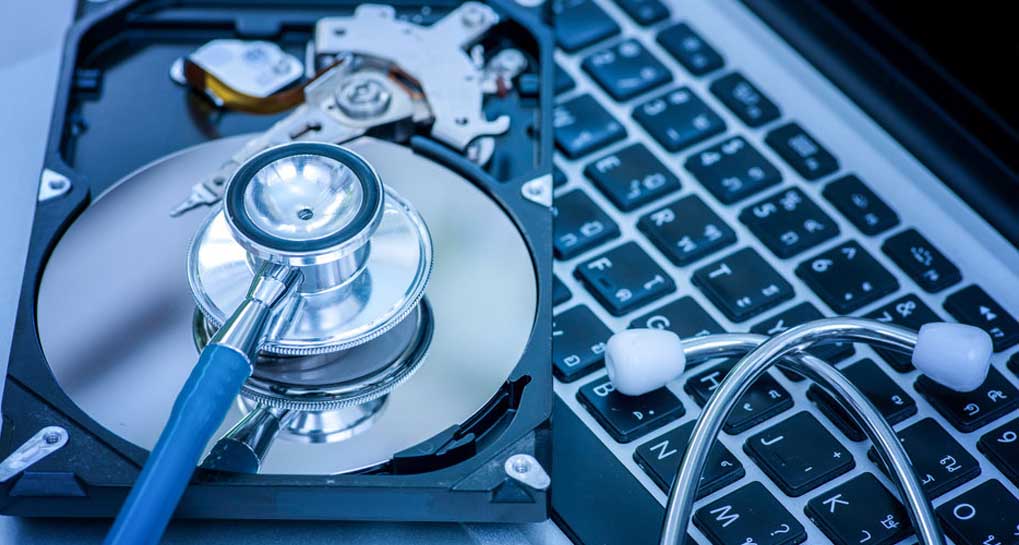
Essentials of Inspection and Maintenance: Ensuring Operational Excellence
In various industries, the seamless functioning of machinery and equipment is crucial for operational success. This article delves into the key aspects of inspection and maintenance, highlighting their significance in ensuring operational excellence.
Understanding the Importance of Regular Inspection
Regular inspection is the cornerstone of preventive maintenance. It involves a systematic examination of equipment to identify potential issues before they escalate. This proactive approach helps in preventing unplanned downtime, minimizing repair costs, and ensuring that machinery operates at peak efficiency.
Developing a Comprehensive Inspection Schedule
Creating a comprehensive inspection schedule is essential for effective maintenance. This involves determining the frequency of inspections based on equipment type, usage, and manufacturer recommendations. A well-planned schedule ensures that all critical components are thoroughly examined, contributing to the longevity and reliability of the machinery.
Utilizing Advanced Inspection Technologies
Incorporating advanced inspection technologies enhances the efficiency and accuracy of the inspection process. Techniques such as infrared thermography, ultrasonic testing, and vibration analysis provide insights into the condition of equipment beyond what the naked eye can see. Embracing these technologies allows for early detection of potential issues and more precise maintenance planning.
Prioritizing Safety in Inspection Procedures
Safety is paramount in inspection procedures. Implementing safety protocols ensures that inspection activities do not pose risks to personnel or the environment. It includes proper training for inspection teams, the use of personal protective equipment, and adherence to industry safety standards. Prioritizing safety contributes to a secure working environment and minimizes the likelihood of accidents during inspections.
The Role of Predictive Maintenance in Efficiency
Predictive maintenance, facilitated by advanced technologies, involves forecasting equipment failures based on data analytics. By analyzing historical data and real-time information, predictive maintenance helps in predicting when equipment is likely to fail. This proactive approach allows for strategic scheduling of maintenance activities, reducing downtime and optimizing resources.
Routine Maintenance Tasks for Long-Term Reliability
Routine maintenance tasks are essential for ensuring the long-term reliability of machinery. These tasks include lubrication, cleaning, and component replacements as part of regular upkeep. By addressing these routine tasks, maintenance teams contribute to the overall health and functionality of the equipment, extending its operational life.
Implementing a Proactive Maintenance Culture
Fostering a proactive maintenance culture within an organization is pivotal. This involves instilling a mindset that emphasizes the importance of preventive measures over reactive responses. Encouraging a proactive approach motivates teams to stay vigilant, conduct regular inspections, and address issues before they escalate, ultimately contributing to operational excellence.
Addressing Challenges Through Reactive Maintenance
While proactive maintenance is ideal, there are instances where reactive maintenance becomes necessary. Reactive maintenance involves addressing issues as they arise. It is crucial to have contingency plans in place for unexpected breakdowns, ensuring swift responses to minimize downtime and mitigate potential damages.
Documentation and Record-Keeping for Accountability
Maintaining detailed documentation and records of inspection and maintenance activities is a fundamental aspect of accountability. This documentation includes inspection reports, maintenance schedules, and records of performed tasks. It not only facilitates compliance with industry regulations but also serves as a valuable resource for future reference and analysis.
Continuous Training and Skill Development
Ensuring that inspection and maintenance teams are well-trained and continually developing their skills is integral. Technology and industry standards evolve, and ongoing training programs keep teams abreast of the latest advancements. Investing in the skills of the workforce enhances their ability to conduct thorough inspections and execute maintenance tasks effectively.
Explore More Insights at Inspection and Maintenance Essentials
In conclusion, the essentials of inspection and maintenance are vital components of operational excellence. From understanding the importance of regular inspections to embracing advanced technologies, prioritizing safety, and fostering a proactive maintenance culture, each aspect contributes to the overall reliability and efficiency of machinery. Explore additional insights and resources at Inspection and Maintenance Essentials to enhance your understanding and implementation of effective inspection and maintenance practices.





